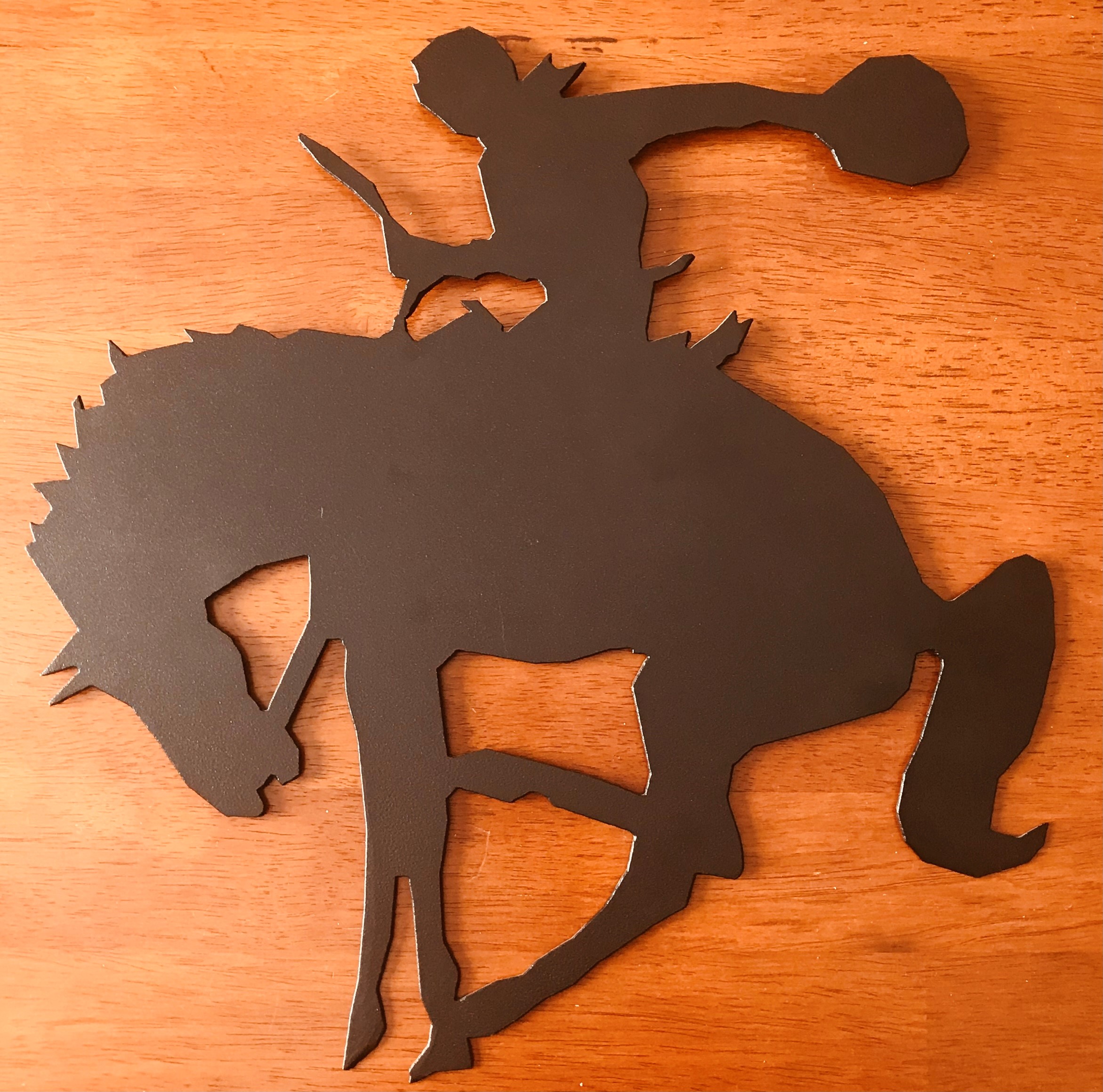Understanding Fear in Horsemanship
Fear is a real challenge for many equestrian enthusiasts. But what exactly are you afraid of? Where does that fear come from—and is it rational?
In many cases, fear isn’t based on current reality but on imagined outcomes. As Franklin D. Roosevelt famously said, “The only thing we have to fear is fear itself.” Fear often lives in our minds, not in the present moment. It’s a natural human response, but when left unchecked, it can cloud our judgment and hinder progress.
Buck Brannaman touched on this in his 7 Clinics video series. He made the powerful point that knowledge is the only thing that can overcome fear. And it’s hard to disagree. The more we understand, the less room fear has to grow.
Of course, fear isn’t always imagined. Sometimes, it’s rooted in past experiences. I know a woman who suffered a serious injury after her husband, perhaps unknowingly, shook a plastic bag in front of her horse while she was mounted. The horse spooked, she fell, and the damage was done. It’s easy to understand how someone might become hesitant or even fearful after such an event. Thankfully, traumatic accidents like that are not the norm—but the fear they create can linger long after the physical injuries heal.
It’s completely natural to be afraid of falling off a horse. Horses are large, powerful animals, and yes, the ground is hard. Many riders fall without warning, and it shakes their confidence. But fear of failure is a part of learning any complex skill. And horsemanship is no exception—it takes years, even decades, to truly develop mastery. And even then, as Ray Hunt said, “Maybe not today, but someday.”
Most riders, at some point, experience fear. Often, it’s tied to an unexpected behavior from the horse: a sudden bolt, a tossed head, a spook, a buck, or even just moving too fast. These moments feel “off-script,” and the blame tends to fall on the horse. But this is a flawed way of thinking.
Imagine blaming a motorcycle for throwing you off. “The bike reared up,” or “The bike swerved on its own.” That would sound ridiculous—because we know a bike only does what the rider makes it do. But when a horse does something unexpected, many riders are quick to blame the animal. Why? Because unlike a machine, the horse has thoughts, feelings, and instincts of its own.
Horses are sentient beings. They experience emotion, stress, fear, and confusion—just like we do. And often, it’s the human who unknowingly triggers those emotions. Yet, rarely do we ask ourselves: What was my role in this? Instead, we blame the horse.
This tendency isn’t unique to riding. In basic psychology, we learn that people often blame external factors for failure and take credit only for success. When something goes wrong, it’s always someone—or something—else’s fault.
If your horse tosses its head or spooks at something, there are practical ways to understand and work through those behaviors. But before you look at your horse for answers, take a closer look at yourself—your knowledge, your skills, your body language, and your mindset. Ask: What am I bringing into this partnership? And just as importantly: Am I willing to learn?
Ego often gets in the way. I’ve seen countless riders do things that go completely against common sense and the very horsemanship principles they claim to believe in. Many people can repeat quotes or popular ideas—but that doesn’t mean they understand them.
The solution isn’t complicated, but it does require humility: commit to learning. Don’t chase after quick fixes or soundbites that reinforce your current beliefs. Instead, seek out true horsemen and women—people with real experience, wisdom, and results—and learn from them. Fence-sit at clinics, read their books, watch their videos, and most importantly, keep your mind open.
Fear doesn’t make you weak. It makes you human. But it doesn’t have to control you. With knowledge, awareness, and a willingness to grow, you can replace fear with confidence—and transform not just your riding, but your entire relationship with your horse.

